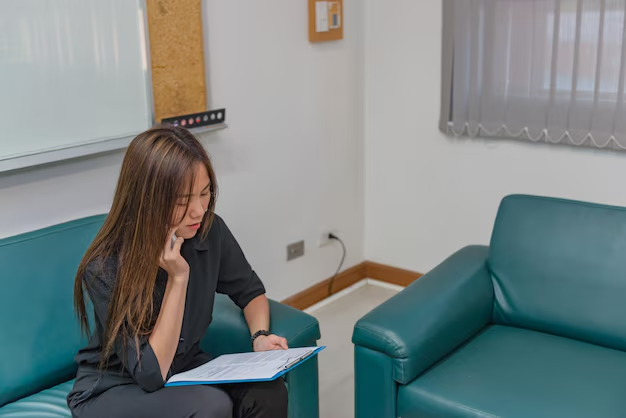How Long To Become A Clinical Psychologist: Essential Degrees and Certifications
Embarking on the path to become a clinical psychologist is an enriching journey that typically takes around 8-12 years of educational and professional commitment. The first step involves earning a bachelor���s degree in psychology or a related field, laying the groundwork in psychological theory and human behavior. Upon completion, aspiring psychologists often pursue a master's degree, although it's not always mandatory. The crux of the educational journey is securing a doctoral degree, such as a PhD in Psychology or a PsyD in Clinical Psychology, involving rigorous training and a deep dive into research and clinical practice. This phase usually spans 4-6 years and includes a dissertation or a comprehensive clinical project.
After completing academic training, a crucial step is undertaking a supervised internship or residency, typically lasting 1-2 years, where candidates garner hands-on experience in therapy and counseling. Certification and licensure are pivotal to legally practice as a clinical psychologist. Passing the Examination for Professional Practice in Psychology (EPPP) and meeting state-specific requirements are mandatory to obtain a license. Continual education ensures that clinical psychologists remain at the forefront of evolving psychological research and practices, emphasizing the importance of an ongoing affiliation with accredited educational programs and professional bodies.
Degrees, Certifications, and Licenses for Clinical Psychologists:
- 🎓 Bachelor’s Degree in Psychology or related fields
- 🎓 Master’s Degree (optional, but beneficial for specialization)
- 🎓 Doctoral Degree (PhD or PsyD in Clinical Psychology)
- 📋 Internship/Residency (1-2 years of supervised clinical experience)
- 📜 Licensure passing the Examination for Professional Practice in Psychology (EPPP)
- 🔄 Continued Education for maintaining licensure and staying updated in the field
These steps emphasize not just the dedication needed, but the structured, comprehensive educational pathways available through various esteemed institutions that facilitate this fulfilling career trajectory.

Related Topics
- Becoming A Psychologist
- Becoming A Psychologist
- Becoming Counseling Psychologist
- Criminal Psychologist Timeline
- Become LCSW
- Licensed Counselor Timeline
- Neuropsychologist Timeline
- Become A Psychologist
- School Psychologist Timeline
- Sports Psychologist Timeline
- Become LCSW
- LCSW Timeline
- Social Worker Timeline
- Become A Psychologist
- Psychologist Timeline